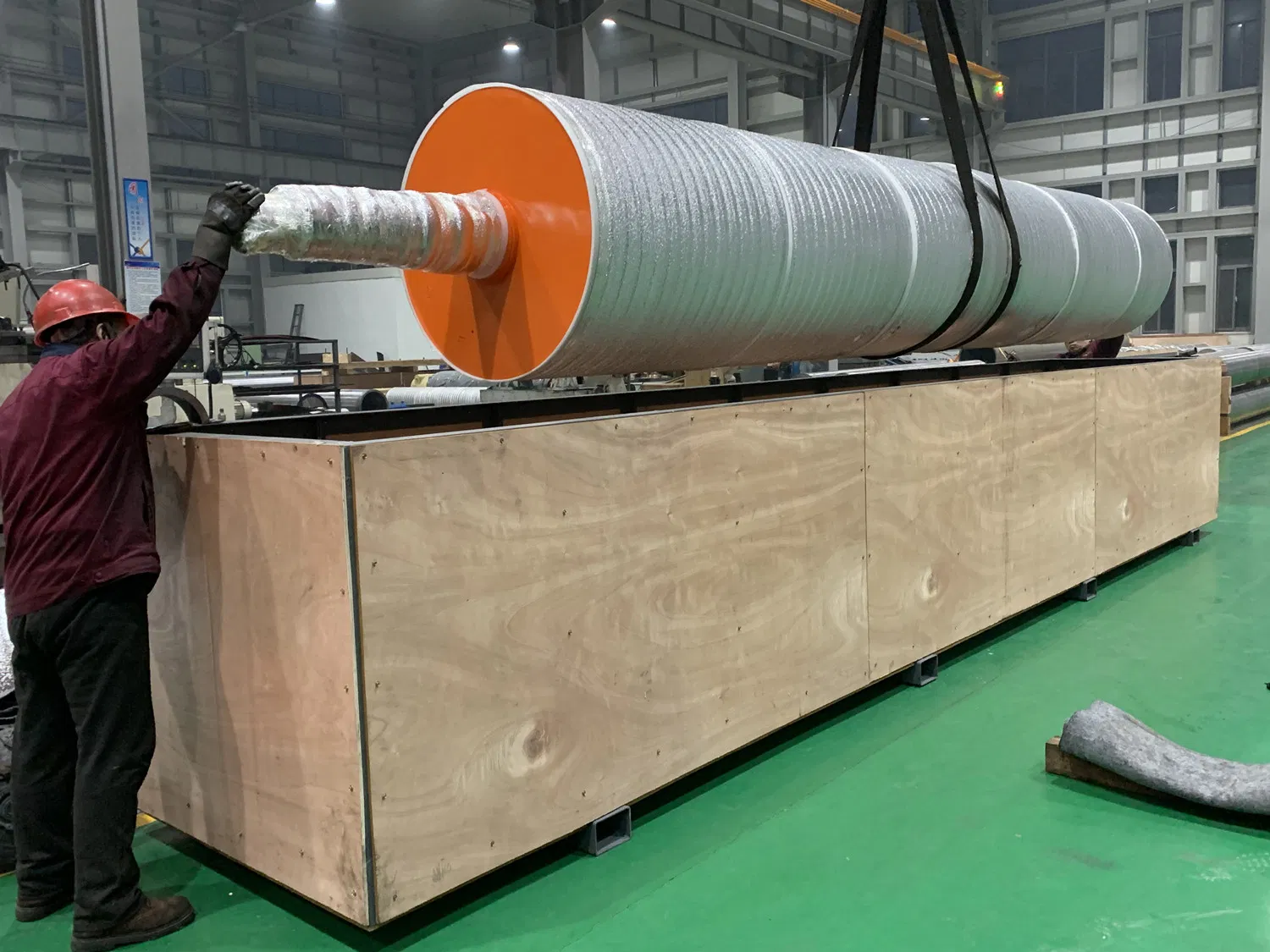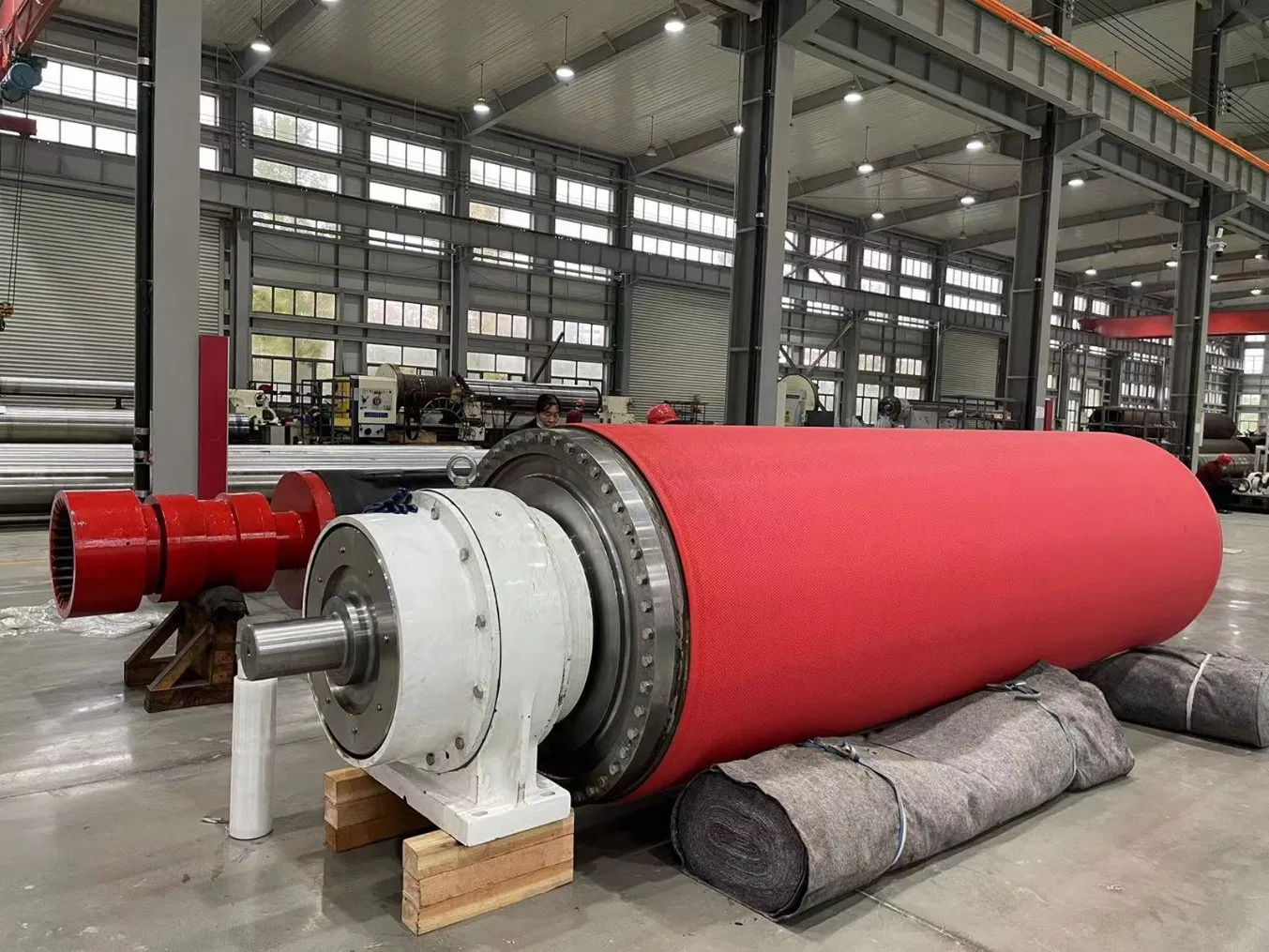Have you ever stopped to think about the unsung hero of the modern kitchen and commercial food industry? It’s not a fancy gadget or an exotic ingredient. It’s the humble vacuum sealer roll. This simple-looking plastic film is a powerhouse, extending the shelf life of food, preventing freezer burn, and streamlining sous vide cooking. For businesses, from restaurants to food processors, high-quality vacuum rolls are not a luxury; they are a cornerstone of operational efficiency and product quality.
Now, where does the world turn for this essential product? Increasingly, the answer is China. The country has become a global epicenter for manufacturing, and vacuum rolls are no exception. However, navigating the landscape of international sourcing can feel daunting. The sheer number of options can be overwhelming, and ensuring you find a reliable partner is critical. This guide is designed to demystify the process. We'll walk you through everything you need to know to successfully partner with a Vacuum Roll Factory in China, ensuring you get the quality, price, and customization your business deserves.
Why China Dominates the Global Vacuum Roll Market
It's no accident that China has become the go-to source for vacuum packaging. This dominance is built on a powerful combination of scale, technology, and a deeply integrated supply chain. To be honest, for many businesses, the advantages are simply too significant to ignore.
The Unbeatable Economics of Scale
Frankly speaking, the primary driver for many is cost-effectiveness. Chinese factories operate on a massive scale, producing millions of meters of vacuum film every single day. This incredible volume leads to significant economies of scale. Raw material suppliers offer bulk discounts, production lines are optimized for maximum efficiency, and the entire ecosystem is geared towards high-volume output. This translates directly into a lower per-unit cost for you, the buyer, without necessarily compromising on quality—provided you choose the right partner.
Technological Prowess and Material Innovation
The image of Chinese manufacturing being solely about low-cost, low-tech products is outdated. Today's leading factories are hotbeds of innovation. They invest heavily in state-of-the-art German and Italian co-extrusion lines, which are capable of producing sophisticated multi-layer films. These aren't just simple sheets of plastic; they are engineered materials. Many experts agree that the real magic is in the layers. A typical high-quality roll consists of:
- PA (Polyamide): An outer layer that provides an excellent barrier against oxygen, preventing spoilage. It's also puncture-resistant.
- PE (Polyethylene): An inner layer that is food-safe and provides the seal. It's flexible and durable, even at low temperatures.
- EVOH (Ethylene-vinyl alcohol): Sometimes included as a middle layer, it offers one of the best oxygen barriers available, making it ideal for long-term storage of sensitive products.
This commitment to technology means you can source products that meet the highest international standards for food safety and performance.

Identifying the Hallmarks of a Quality Factory Partner
With thousands of potential suppliers, how do you separate the wheat from the chaff? It's about looking beyond the price tag and focusing on the verifiable markers of quality, compliance, and capability. In my experience, a little due diligence upfront saves a world of headaches later.
Certifications: Your Proof of Professionalism
Certifications are not just fancy logos to put on a website; they are hard-earned proof that a factory adheres to strict international standards. When vetting a potential food-grade vacuum roll supplier, these are the non-negotiables you should be asking for:
- ISO 9001:2015: This is the global standard for Quality Management Systems. It shows the factory has documented processes for ensuring consistent quality and continuous improvement. - BRCGS (Brand Reputation Compliance Global Standards): This is a leading global standard for packaging materials. If a factory has BRC certification, it means they have been rigorously audited for hygiene, safety, and quality protocols. It's a gold standard in the food packaging industry.
- FDA & LFGB: These certifications confirm that the materials used are food-safe according to US (FDA) and German/EU (LFGB) standards. This includes being BPA-free, a critical factor for consumer confidence.
Don't just take their word for it. Ask for copies of the certificates and verify their validity and expiration dates.
Material Quality and Production Capabilities
Beyond certificates, the product itself must perform. When you request samples (which you absolutely must do), here’s what to evaluate:
- Thickness: Measured in microns (µm), the thickness impacts durability and puncture resistance. A standard roll is often around 80-100 microns. Thicker rolls are better for items with sharp edges, like bones.
- Clarity and Texture: The film should be clear and free of imperfections. Most consumer-grade rolls have an embossed or channeled pattern on one side. This is crucial as it creates air channels that allow clamp-style vacuum sealers to remove air efficiently. Commercial chamber machines can use smooth rolls.
- Seal Strength: Test the samples with your own vacuum sealer. The seal should be strong and consistent. Leave a sealed item in the fridge or freezer for a few days to check for any loss of vacuum.

Customization and Flexibility
A great partner can grow with your business. This is where you look into their capacity for custom vacuum roll manufacturing. Can they produce rolls in the specific widths and lengths you need? What is their Minimum Order Quantity (MOQ)? Can they print your logo or branding on the rolls or the packaging? A factory that offers these services demonstrates a higher level of sophistication and a willingness to build a long-term relationship.
A Practical Guide to Sourcing and Vetting
Alright, you know what to look for. But how do you actually find and engage with these factories? The process can be broken down into a few manageable steps.
Step 1: The Initial Search
Your journey will likely begin online. Platforms like Alibaba, Made-in-China.com, and Global Sources are excellent starting points. Use specific search terms like "embossed vacuum sealer roll BPA free" or "PA/PE co-extruded film manufacturer" to narrow the field. Don't just look at the top results. Dig deeper and create a longlist of 10-15 promising candidates. Pay attention to how long they've been on the platform, their response rate, and initial customer reviews.
Step 2: The Vetting Gauntlet
Now it's time to trim that list. Send a detailed inquiry to your shortlisted factories. This is your first test of their professionalism and communication skills. Your inquiry should ask for:
- Company profile and history.
- Copies of all relevant certifications (ISO, BRC, FDA).
- Product specification sheets.
- Information on their MOQ for standard and custom orders.
- A price list (often given as FOB - Freight on Board).
- Their willingness to send samples.
A professional factory will respond promptly with clear, comprehensive answers. Vague replies or an unwillingness to provide documentation are major red flags. It's worth noting, the factories that pass this stage are the ones you should request samples from. Be prepared to pay a small fee for the samples and shipping; it's a worthwhile investment.
Step 3: Communication and Building Rapport
Once you've tested the samples and are happy with the quality, it's time to start a real conversation. Clear communication is the single most important factor in a successful international business relationship. Many sales representatives speak excellent English, but be mindful of time zone differences. Video calls can be incredibly valuable. Asking for a brief virtual tour of the production floor can give you a feel for their operation that photos never could. This is how you begin to build trust and move from a simple transaction to a genuine partnership.
Navigating Common Challenges and Ensuring Success
Sourcing from overseas is not without its potential hurdles. Being aware of them is the first step to overcoming them. Let's touch on a few key areas.
Quality Control is Your Responsibility
Even with a certified factory, you should never assume quality. The principle of "trust, but verify" is paramount. For larger orders, it's highly recommended to use a third-party inspection service (like SGS, QIMA, or Intertek). They can perform a Pre-Shipment Inspection (PSI) where an agent visits the factory to inspect a random sample of your finished goods before you pay the final balance. They check for quality, quantity, specifications, and packing to ensure everything matches your order. This small expense can save you from a catastrophic quality failure.
Understanding Logistics and Payments
You'll encounter terms like FOB, EXW, and CIF. It's crucial to understand what they mean. FOB (Free On Board) is most common. It means the factory is responsible for getting the goods to the designated port in China; you are responsible for the sea freight, insurance, and import process from there. Working with a good freight forwarder is essential to handle this for you.
Payment terms are typically a deposit upfront (usually 30%) with the remaining balance (70%) due upon completion of the order, often after it passes inspection but before it is shipped. Never pay 100% upfront.
Your Success Hinges on a Strong Partnership
Finding the right supplier is about more than just a product; it's about finding a partner who is invested in your success. The journey to source from a Vacuum Roll Factory in China requires diligence, clear communication, and a focus on verifiable quality. By following the steps outlined here—from understanding the market and identifying key quality markers to implementing a robust vetting process—you can forge a powerful and profitable relationship. A reliable manufacturing partner will provide you with a high-quality, cost-effective product that strengthens your business and delights your customers for years to come.
For more detailed information, please visit our official website:Vacuum Roll Factory in China
About the author: David Chen is a supply chain consultant with over 15 years of experience specializing in sourcing packaging materials from Asia. He has helped dozens of Western companies navigate the complexities of international manufacturing, focusing on quality control and building sustainable supplier relationships. David is passionate about bridging cultural and business gaps to create mutually beneficial partnerships. ---


